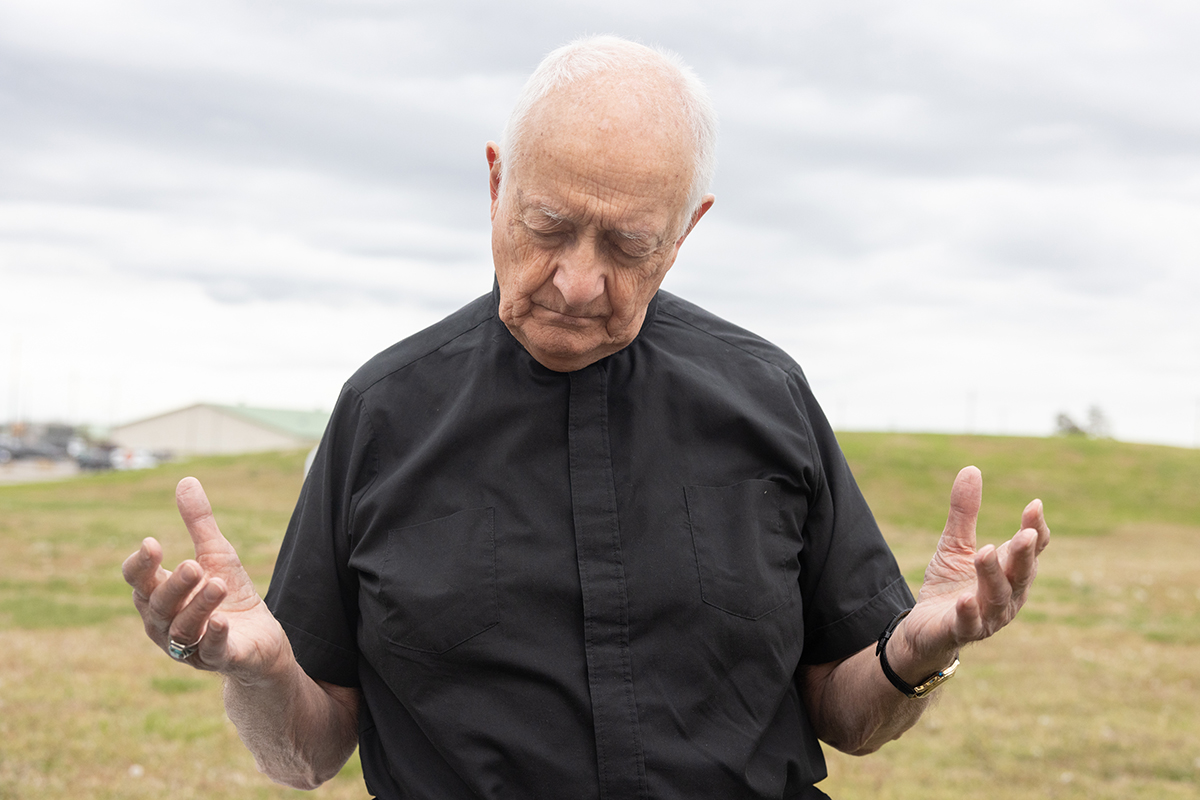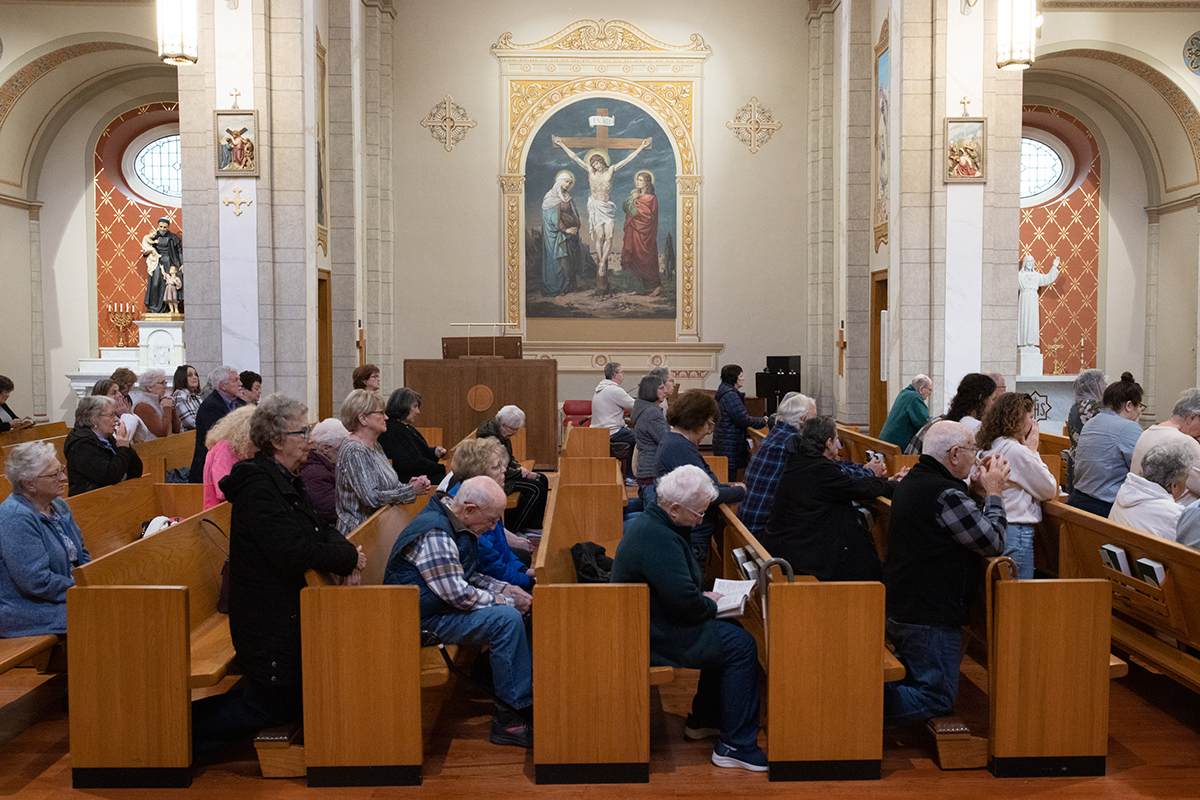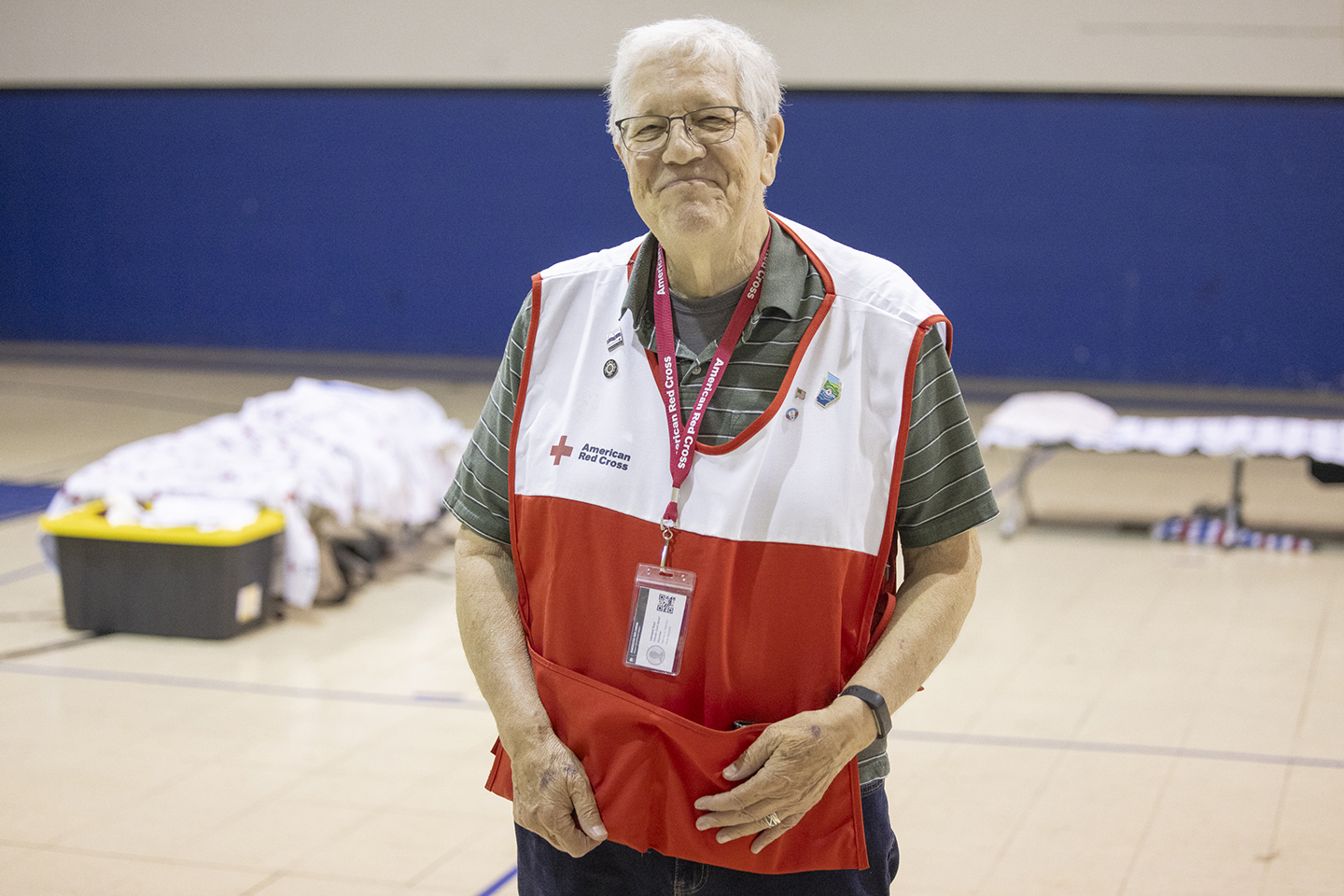Twin messages of ‘Unplanned’: ‘Be bold’ but show ‘mercy and redemption’

NEW YORK — Faith, forgiveness and healing were some of the central topics that emerged during a recent panel discussion about the forthcoming abortion-themed film “Unplanned” at New York City’s Sheen Center for Thought & Culture.
The exchange followed a screening of the as-yet unfinished movie and was moderated by National Review editor-at-large Kathryn Jean Lopez.
The three participants were former Planned Parenthood clinic director Abby Johnson, on whose 2011 memoir the picture is based; actress Ashley Bratcher, who portrays Johnson on screen; and producer Chris Jones. Asked about seeing her life transformed into a film, Johnson noted that, while writing her book was “healing,” watching her story made her “feel vulnerable” because “the privacy is gone.”
She was hopeful, nonetheless, that the movie “will save lives” while also sending the message that “our pasts are redeemable.” The pivotal event of “Unplanned” comes when Johnson is asked to assist in an abortion by running a sonogram machine to guide the doctor performing it — and comes face to face, for the first time, with what the procedure truly involves.
The experience instantly transformed Johnson’s outlook.
As for Bratcher, she described her role as “divinely appointed” since she first heard about “Unplanned” from “someone outside the industry who prays for actors.” Like Johnson, she has undergone a conversion on the subject. While she was previously “pro-life but neutral,” acting in the film, she said, “changed my perspective.”
Bratcher noted that she was initially reluctant to tell her mother about the movie since she knew her mom had an abortion in high school. What Bratcher didn’t know, until it came out as a result of her work on “Unplanned,” was that she herself had almost been a victim of abortion.
Firmly convinced that “God’s hand was involved” in bringing her to the movie’s cast, she added that her part in it “brought healing to my mom.”
Jones, reflecting on the long delays that had kept the project from coming together over a number of years, observed that God was saying “not yet.” Once the production was underway, the fact that the leading role had yet to be filled meant that the filmmakers seemed to be heading “straight for a cliff.”
To fight the resulting anxiety, Jones and his colleagues relied on a book about faith-based confidence written by a Catholic priest.
Asked by Lopez how the production team had decided “what to show,” Jones replied that, through prayer, they had determined that “the Lord was telling us to be bold” because “this is happening, in our land, right here.” Despite their determination to be straightforward in portraying abortion, however, Jones emphasized that everyone involved in “Unplanned” was focused on “mercy and redemption.”
He also hoped the film would serve as “an examination of conscience” for the pro-life movement since the script deals with both successful and counterproductive means of combating legal abortion. Thus “Unplanned” could be “an opportunity for conversion for everyone who sees it, including pro-life people.”
Observing that many in the pro-life movement are converts to the cause, Johnson added that she believed the movie would ultimately send the message that “God is ready to forgive.”
Shortly after the Sheen Center event, it was announced that the Classification and Rating Administration of the Motion Picture Association of America had assigned “Unplanned” an R rating “for some disturbing/bloody images.” The rating has subsequently become a source of controversy.
While the film’s co-writers and directors, Cary Solomon and Chuck Konzelman, correctly point out that the MPAA does not cite any “profanity, nudity, sex or violence … except for violence directly associated with the abortion process,” it is equally true that the graphic depiction of that process is likely to be highly upsetting to viewers.
This is especially so since the gore shown on the screen is seen immediately after the sonogram images of the doomed baby in the womb — and his or her struggle to resist the fatal effect of the suction tube used to bring about the abortion. The whole scene is as potentially disturbing for the audience as the real-life occurrence was for Johnson.
Add to that another sequence demonstrating the harrowing side effects of the abortion drug RU-486, and it becomes clear why those responsible for rating the movie may have wished to ensure that any young people viewing it would be doing so in the company of a parent or guardian.
All of this takes place, moreover, not in the far-removed, imaginary setting of a horror or science-fiction feature but in the very concrete context of everyday life. The MPAA evaluation, then, may simply be the necessary outcome of the filmmaker’s decision to “be bold” in their approach to their troubling subject.
>> Movie information
Several theaters in the St. Louis area will be showing Unplanned. For theater and ticket information, visit unplannedtickets.com.
>> Abby Johnson to visit St. Louis
Abby Johnson will be the keynote speaker at the 43rd annual Respect Life Convention on Sunday, Oct. 13, at the St. Charles Convention Center. The annual convention is sponsored by the archdiocesan Respect Life Apostolate. Watch www.stlrespectlife.org for more information to come.
NEW YORK — Faith, forgiveness and healing were some of the central topics that emerged during a recent panel discussion about the forthcoming abortion-themed film “Unplanned” at New York City’s … Twin messages of ‘Unplanned’: ‘Be bold’ but show ‘mercy and redemption’
Subscribe to Read All St. Louis Review Stories
All readers receive 5 stories to read free per month. After that, readers will need to be logged in.
If you are currently receive the St. Louis Review at your home or office, please send your name and address (and subscriber id if you know it) to subscriptions@stlouisreview.com to get your login information.
If you are not currently a subscriber to the St. Louis Review, please contact subscriptions@stlouisreview.com for information on how to subscribe.







